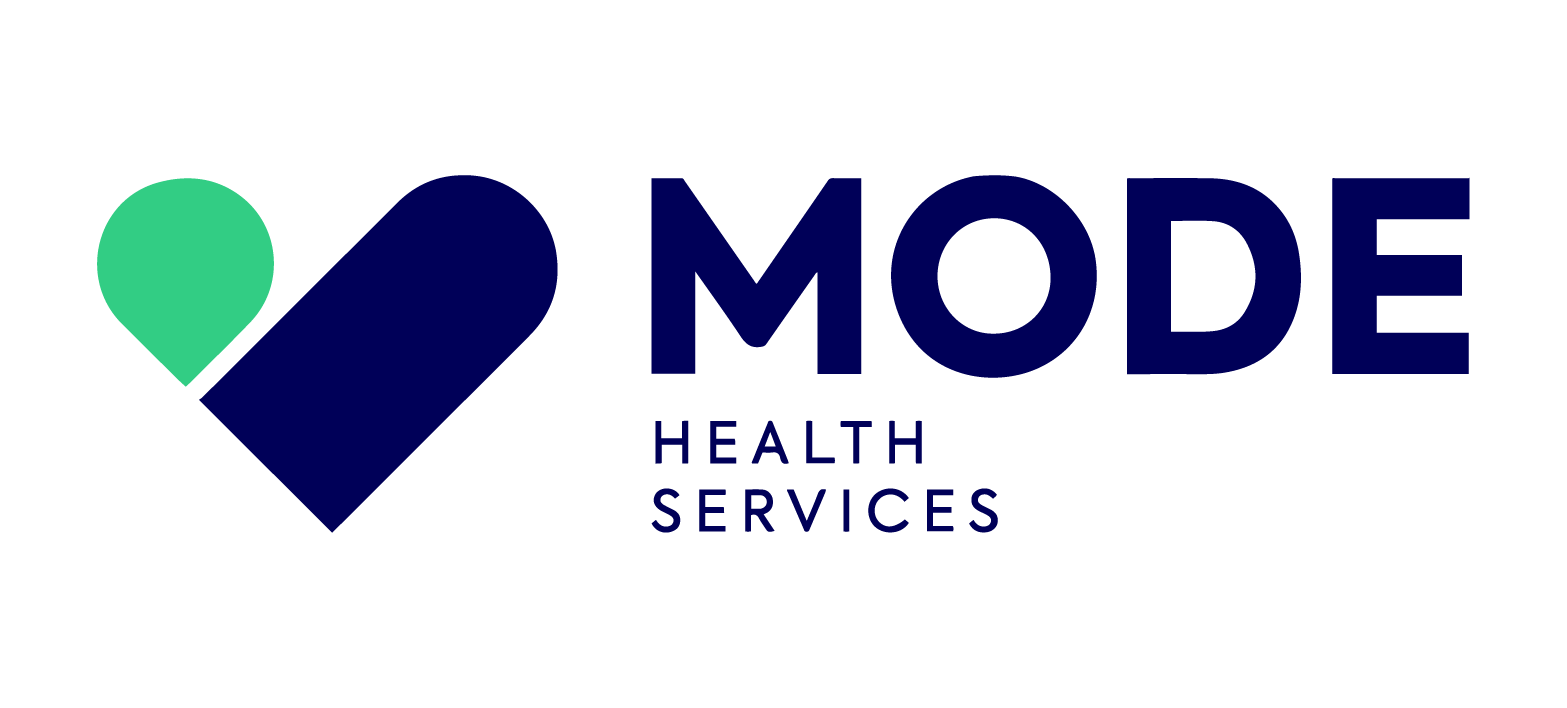Success Rates of IVF Treatment
The success rates of IVF treatment vary by age group, ranging from 25% to 40%. As the expected mother’s age increases, these success rates significantly decrease, especially after the age of 35, and drop considerably after the age of 40. Research shows that freezing eggs before the age of 35 can significantly increase the success rates of IVF treatment.
FAQ
How long does IVF treatment take?
IVF treatment typically takes about 18-21 days to complete. A pregnancy test is conducted about 12 days after the embryo transfer. You do not need to wait for the pregnancy test. You can have the test done at a suitable health facility once you return to your country.
Does IVF treatment cause pain?
During the egg retrieval process, anesthesia is used, so the patient does not experience any pain during the procedure. The anesthesia quickly wears off after the egg retrieval, and the patient can return to their normal activities.
How many embryos are transferred during IVF treatment?
For women under 35, a single embryo transfer is recommended. For women aged 35-37, couples are advised to decide on a single or double embryo transfer in consultation with their doctor. For women aged 38-40, two embryos are recommended. For women over 40, three or more embryos may be transferred. The doctors performing this treatment aim to achieve a healthy pregnancy with the minimum number of embryo transfers. When multiple embryos are transferred, the risk of multiple pregnancies increases, which can lead to high-risk pregnancies. However, if the embryo quality is poor or previous attempts have failed, doctors may recommend transferring more embryos.
Is it safe to travel during or after IVF treatment?
In pregnancies resulting from IVF treatment, if there are no specific health issues related to the expected mother, there is no problem with traveling until the 32nd week of pregnancy. Also, after the transfer phase, resting for 15 minutes is enough, and then you can travel. Your doctor will inform you about potential risks and precautions to take during and after IVF treatment. It is best to get information about the process and follow your doctor’s instructions.
How is the cost of IVF treatment determined?
The cost of IVF treatment can vary from one center to another and even between couples receiving treatment at the same center. These differences are due to variations in treatment protocols. Different IVF centers may offer various facilities that can affect the cost. At the same center, cost differences may occur due to personalized treatment plans for individual couples. The main factor that determines the cost is the treatment plan tailored to the health conditions of the potential parents.
Is there a risk of miscarriage after IVF treatment?
At our IVF centers, the risk of miscarriage in pregnancies obtained through IVF treatment is not higher than in naturally conceived pregnancies. IVF pregnancies are not different from naturally conceived pregnancies. In fact, genetic analyses before IVF and detailed evaluations of the uterine cavity contribute to healthier pregnancies and reduce the risk of miscarriage.



